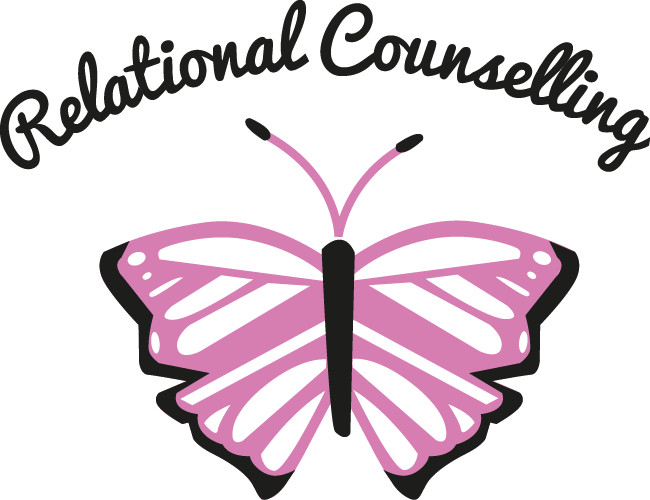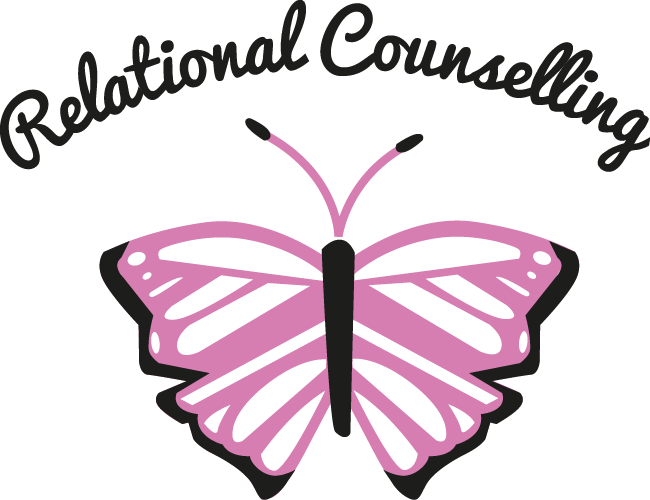Grief and Loss
Grief is a complex and multifaceted emotional response to loss. While it is commonly associated with the death of a loved one, it can also occur in response to a wide range of other losses, such as the end of a relationship, loss of personal identity, loss of freedom, loss of a sentimental object, loss of a job, and many others. These experiences can trigger a range of intense emotions, including sadness, anger, guilt, and confusion, and can have a significant impact on an individual's physical and mental well-being. It's important to note that everyone experiences grief differently, and there is no right or wrong way to grieve. However, acknowledging and understanding the grieving process can help individuals work through their emotions and eventually find a way to move forward.
The Four Phases
Parkes and Bowlby's (1970) four phases loss model is not intended to be chronological. The four emotional phases outline an emotional process as follows:
Shock and Numbness: This is the initial phase immediately following the loss. The griever will experience shock and numbness due to not being ready to accept the reality of a loss. According to Parkes and Bowlby, this phase is a self-defence mechanism that allows a person to cope immediately after learning about their loss. The loss feels unreal and difficult to accept. Physical distress causes somatic symptoms.
If not worked through, a person may emotionally shut down.
Yearning and Searching: In this phase, the griever experiences all types of emotions—for example, anxiety, anger, despair, confusion, sorrow, and much more. The griever begins yearning for the return of their loved one and searches for meaning in their loss. In this phase, the griever feels intensely aware of the void left in their lives and yearns for the future they had once imagined/dreamed of. The griever knows it is no longer possible, trying to fill the space, searching for the comfort they once had. The griever looks for constant reminders to feel close to their loved one and appear preoccupied. If stuck in this phase, Bowlby and Parkes suggest that the griever will spend their lives attempting to fill the void of the loss.
Disorganisation and Despair: In this phase, a person starts to accept the reality of their loss. As they do so, they might feel the need to withdraw from their everyday life or from activities and hobbies they once enjoyed as a way to create space for emotional healing. They begin to understand that their old reality will never be the same, leading to despair or hopelessness. In this phase, we have accepted that everything has changed. We may withdraw, feel life is meaningless, hopeless, or angry and question, why? Bowlby and Parkes indicate if stuck in this phase, we will stay consumed by depression and anger. Attitudes will continue to be negative and hopeless toward's life.
Reorganisation and Recovery: This is the phase where the griever begins to understand that their old life is changed forever. They begin to accept their new "normal." Faith in life begins to be restored, and they may establish new ambitions and hobbies: slowly moving forward and rebuilding life. The griever realises that life can still be positive, even after the loss. Bowlby says that when entering stage 4, the loss has been processed healthily. Memory shifts to a hidden section of the brain and is no longer at the forefront of the mind. The trauma is allowed to be processed naturally. This does not mean we forget or stop grieving; there may be moments of sorrow or sadness when the memory is triggered or recalled. It means that life grows around the event healthily, creating more positive memories. If our grief is not resolved if we do not enter this phase. The griever can experience long-term mental health and/or physical health implications.
Here are some reflective questions:
-What are your thoughts on Parkes and Bowlby's Four Phases of Grief?
-Where do you feel you are currently?
-How have you previously coped with loss?
-How did you learn to cope with loss growing up?
-What did you observe and learn about grief and loss during your early year from significate caregivers?
-How do you look after yourself when you are grieving?
-Are there unhealthy ways you cope with loss? If yes, then what could you do to improve them?
Myths and facts about grief and grieving
Myth: The pain will go away faster if you ignore it
Fact: Trying to ignore your pain or keep it from surfacing will only worsen it in the long run. It is necessary to face your grief and actively deal with it for natural healing.
Myth: It is important for me to "be strong" and just face the loss.
Fact: Feeling sad, frightened, or lonely is a normal reaction to loss. Crying does not mean you are weak. You do not need to "protect" your family or friends by putting on a brave front. Showing your true feelings can help them and you.
Myth: I am not sad about the loss if I do not cry.
Fact: Crying is a natural response to sadness; However, it is not the only response. If you do not cry, this does not mean you don't feel the pain as deeply as others. You may have other ways of showing sadness.
Myth: Grieving should last about a year.
Fact: There is no specific time frame for grieving. The grieving differs from person to person and for each loss we have.
Myth: Moving on with your life means forgetting about your loss.
Fact: Moving forward means you have accepted the loss, not forgotten. You can move forward with your life and keep the memory of someone or something you have lost, which will always be a part of you. As you move through life, these memories can become more and more integral to defining the people you are. You learn more about yourself and how to deal with the grieving process.
While grieving a loss is an inevitable part of life, there are ways to help you cope with the pain, come to terms with your grief, and eventually find a way to move forward in your life.
Some suggestions to help you cope:
1. Acknowledge your pain.
2. Accept that grief can trigger many different and unexpected emotions.
3. Understand that your grieving process will be unique to you.
4. Seek support from people who care about you or consult a counsellor. Remember, holding your thoughts and feelings in can be heavy and have psychological and physical implications.
5. Support yourself emotionally by caring for yourself and doing things that help you feel a sense of comfort.
6. Recognise the difference between depression and grief.
-Written by Elizabeth
If you need to talk to a counsellor contact
Relational Counselling




